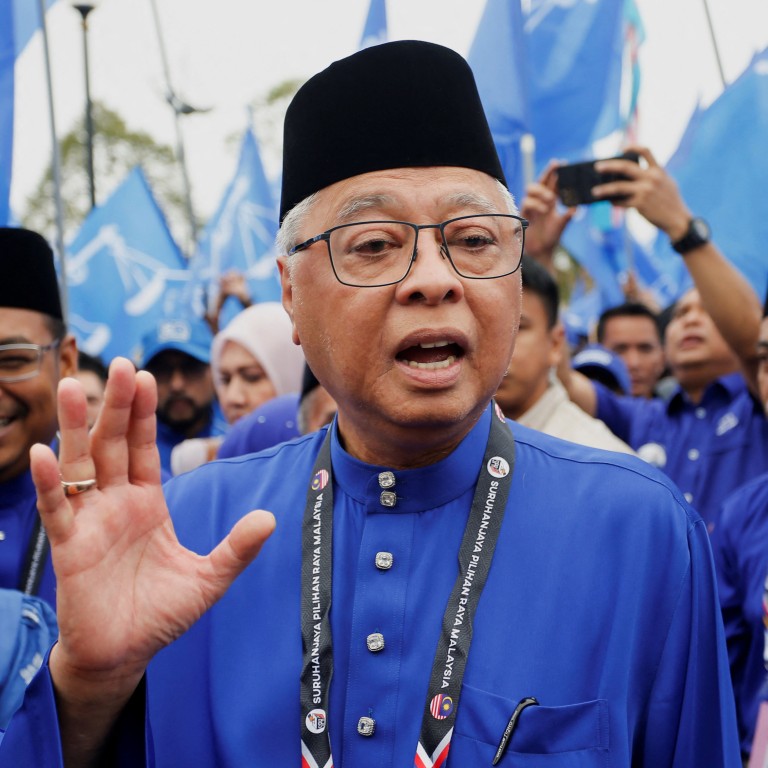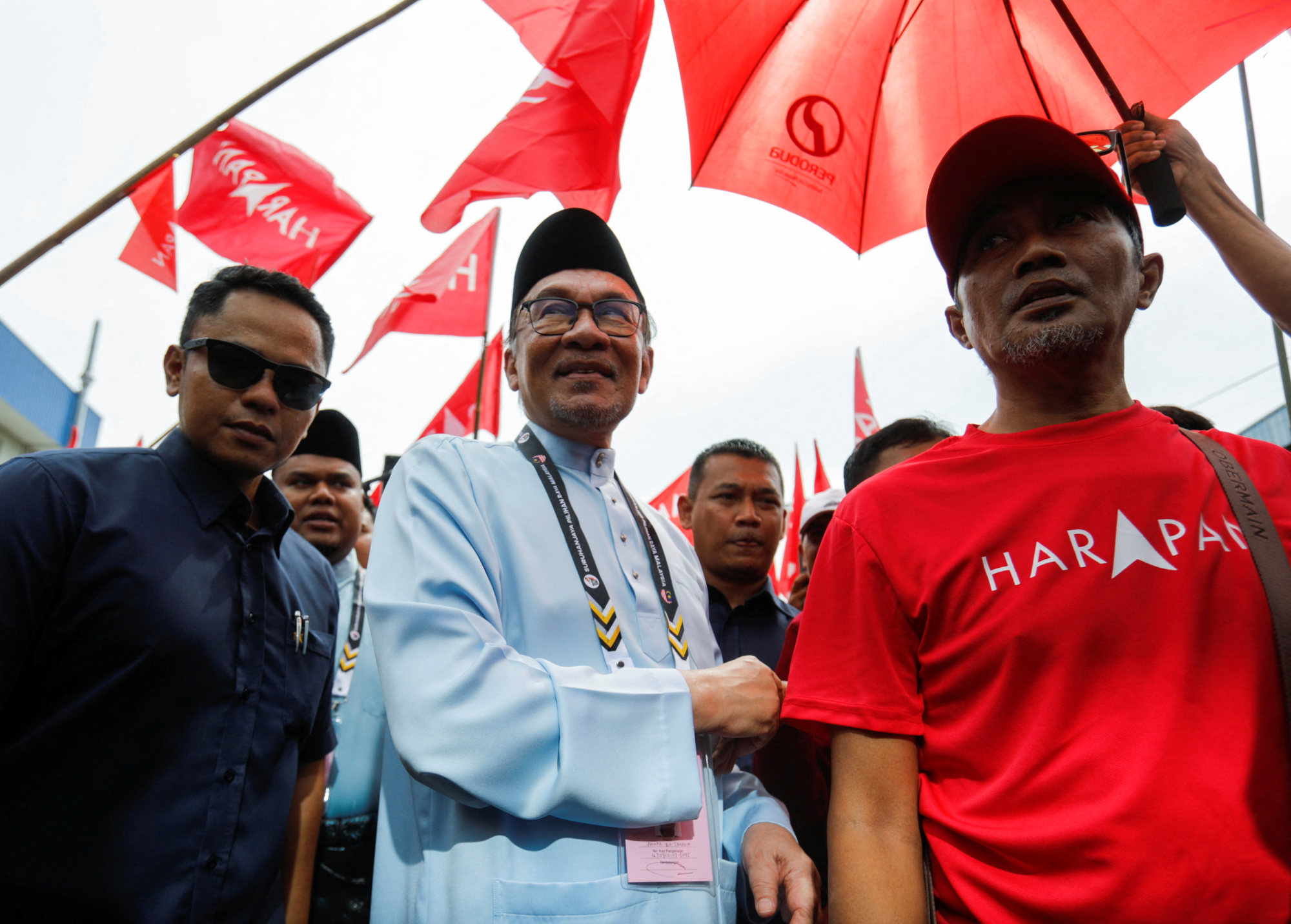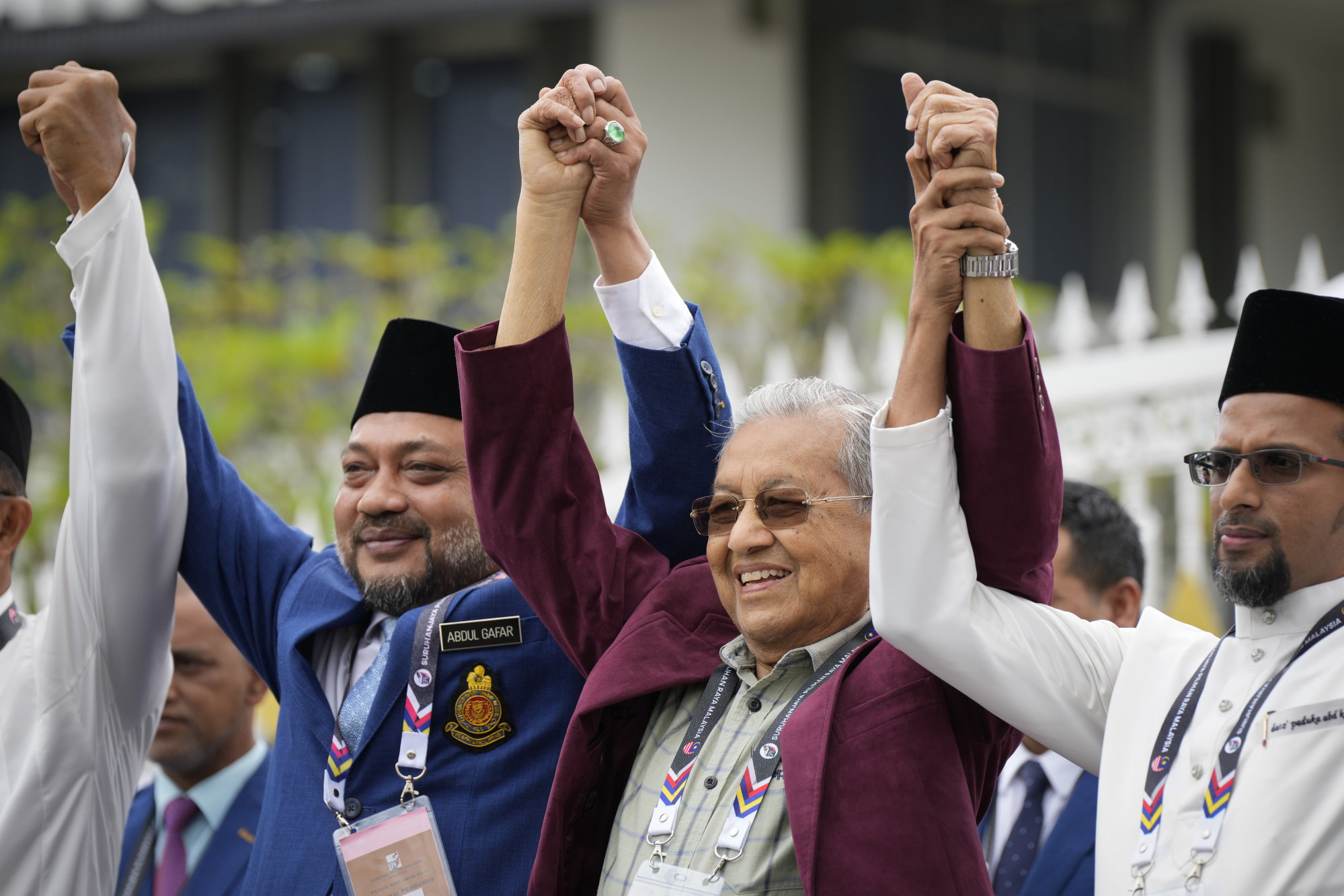
Malaysia election: Umno unlikely to win clear majority as glut of candidates risks splitting vote, pollster says
- A local pollster said it was ‘possible to imagine’ that no single coalition would attain a large enough plurality in the polls to form a government
- Umno is unlikely to get a strong parliamentary majority, analysts said, and its Barisan Nasional coalition will probably have to form new alliances
More than 940 candidates will vie for 222 seats in the November 19 vote, with only nine one-to-one contests, according to data from the Election Commission.
Several constituencies will see five-cornered fights, with the urban seat of Batu in Kuala Lumpur is set for a contest between 10 contenders, the highest in the country.

A crowded field involving the three main coalitions, tens of parties and a record 108 independent candidates will add to the challenges posed by the influx of millions of young voters who are voting for the first time.
“Umno’s job has become a lot harder with the addition of younger voters who are not fixated on political parties,” said Ibrahim Suffian, co-founder of the Merdeka Center for Opinion Research. The emergence of new nationalist coalition Perikatan Nasional “is adding to Umno’s problems as it is providing the same guarantee as Umno – to protect Malay rights,” he said.
Malaysia’s Umno drops PM’s allies ahead of polls as power struggle intensifies
The Pakatan Harapan coalition has pledged to slash living costs. It’s fielding the most number of candidates at 206, followed by Barisan Nasional at 178 and Perikatan Nasional at 149, according to the Election Commission.

While a national vote wasn’t due until September next year, Umno leaders called an early election to capitalise on a fragmented opposition and redeem itself following a shock defeat in 2018 after roughly six decades in power. Umno returned to the ruling bloc two years later after the collapse of Mahathir’s government.
Even so, Umno is unlikely to get a strong parliamentary majority and its Barisan Nasional coalition will have to form alliances with other parties, analysts said.
A survey by the Merdeka Center showed on Friday that voting inclination towards Barisan Nasional fell to 24 per cent in October from 27 per cent in September. Ismail’s approval rating dropped after he called the snap election, with voters indicating they want the government to address the rising cost of living worsened by a falling currency.
Muhyiddin’s Perikatan Nasional saw voter preference rise to 13 per cent, a gain of 4 per cent over September, while Anwar’s grouping was little changed at 26 per cent.
‘Still angry’: as Malaysians lose faith in politics, will new faces offer hope?
“At this point in time, with the lower-than-expected level of Malay voter support for [Barisan Nasional], it is possible to imagine that no single coalition will attain a large enough plurality” to form a government on their own, according to the Merdeka Center.
The trends may not hold until polling day as 31 per cent of the 1,209 respondents said they had no preference or were still undecided. More than 21 million Malaysians are eligible to cast ballots in the national vote, while the states of Perak, Pahang and Perlis will also elect new representatives for their assemblies.

